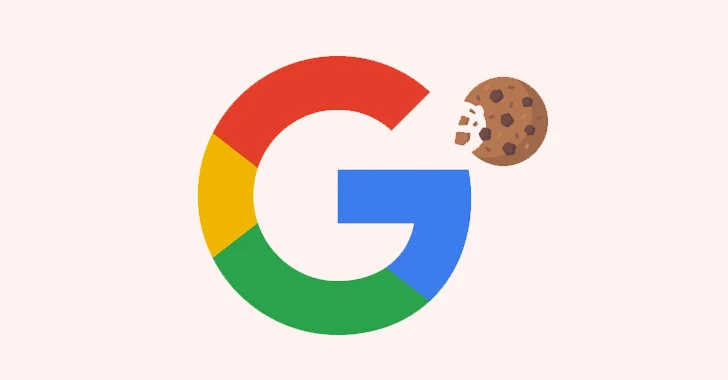What Are Cookies?
Cookies are small files that web pages save to your device. Their purpose is to enhance the user experience, especially for frequently visited websites.
“This can include remembering your login information and preferred news categories or text size. Or they can help shopping sites suggest items based on your browsing history.”
Advertisers also make use of cookies to track your browsing behaviour and show targeted ads.
Cookies can be categorised based on duration:
- Session cookie: created temporarily and deleted when the session ends.
- Persistent cookie: stored for longer and used to identify users, such as saving login details.
What Do the Cookie Options Mean?
Pop-ups often say a site uses “essential cookies”, which you can’t opt out of. These are needed for basic functions:
“Otherwise, things like online shopping carts simply wouldn’t work.”
You are, however, given options for non-essential cookies, which include:
- Functional cookie: for personalising browsing (language, region).
- Analytics cookie: provide stats on website usage.
- Advertising cookie: track and profile users for personalised ads.
“Advertising cookies are usually from third parties, which can then use them to track your browsing activities.”
For instance, Google Ads can follow your activity across sites and devices:
“This is because you may use Google services such as Google Search or YouTube logged in with your Google account on these devices.”
Should You Accept or Reject Cookies?
“Ultimately, the choice is up to you.”
Choosing “accept all” allows the site to use all types of cookies and trackers.
“This provides a richer experience… any ad slots on the website may be populated with personalised ads based on a profile the third-party cookies have been building of you.”
“Reject all” disables all but essential cookies.
“You won’t lose access to basic features, but personalised features and third-party content will be missing.”
Your choice is saved in a consent cookie, and:
“You may be reminded in six to 12 months.”
You can change your mind any time via the site’s cookie settings.
The Privacy Connection
Cookie banners are everywhere because of the GDPR (General Data Protection Regulation), a European law from 2018:
“It provides strict regulations for how people’s personal data is handled online.”
The law requires that:
- Users must consent to cookies, except essential ones.
- Info must be clear on what data is tracked.
- Consent must be documented.
- Users must still access the service without consenting to non-essential cookies.
- Consent should be easily withdrawn.
“Since a lot of website traffic is international, many sites even outside the EU choose to follow GDPR guidelines…”
A Better Way? Global Privacy Control (GPC)
“Cookie pop-ups are tiresome, leading to ‘consent fatigue’ – you just accept everything without considering the implications.”
Enter Global Privacy Control (GPC) – a tech solution where your browser signals privacy preferences automatically:
“It’s a tech specification developed by a broad alliance of stakeholders (from web developers to civil rights organisations)…”
It’s not mandatory yet, and adoption is still in progress.
How to Clean Your Slate
Worried you’ve accepted more than you intended?
“You can find an option in your browser settings to delete cookies and get back to a clean slate (be warned, this will log you out of everywhere).”
For those who want to dig deeper into privacy tools and how you’re tracked online:
“The non-profit Electronic Frontier Foundation has a project called Cover Your Tracks.”
Also Read: Big Tech’s Fall From Grace: Market Powerhouses Now the Biggest Question Mark




